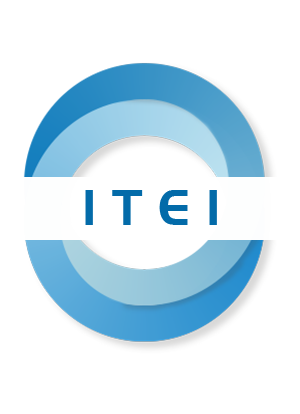

Prof. Liu Nian
North China Electric Power University, China
Research Area: multi-energy system integration, microgrids, cyber-physical energy system and renewable energy integration
Title:Optimal Energy Management for Integrated Energy Systems

Prof. Huize Zhan
School of Information Technology in Education, South China Normal University
Research Area: Learning science, STEAM, innovation and entrepreneurship education
Title: Blended learning and the emerging technologies in the intelligence age
Abstract: Blended learning emphasize the integration of online and offline activities. In the intelligence age, there are more and more emerging technologies helping us not only on the the simple and repeated work, but also for enriching the teaching process by vivid presentation, concomitant evaluation and interesting interaction. This presentation summarized the basic blended learning models, and typical cases of emerging technologies application in education.

Prof. Qingshan Xu
Southeast University, China
Research Area: Intelligent power distribution
Title: 低压台区数字化感知与应用关键技术研究

Prof. Xiaohui Zou
Sino-US Searle Research Center, Zhuhai Hengqin Searle Technology Co., Ltd.
Research Area: Science of language, information and intelligence
Title: How to steadily improve the teaching quality with human-computer collaboration?
Keywords: Educational Knowledge Management Technology, Knowledge Acquisition and Management, Knowledge Engineering and Management
Abstract: In the existing subject divisions, educational knowledge management technology, knowledge acquisition and management, and knowledge engineering and management belong to three interdisciplinary fields: education science, information management, and service science. The purpose of this research is to adopt the knowledge of large cross-industry, namely: the integration of wisdom, combined with actual needs, to do a series of typical demonstrations. The specific method is: from the standpoint of students and human-computer interaction, from the perspectives of educational knowledge management technology, knowledge acquisition and management, and knowledge engineering and management, respectively, qualitative analysis and quantitative analysis of the three types of ontology of language, knowledge and software analysis. As a result, a series of ambiguity problems encountered in the three aspects of natural language understanding, expert knowledge expression and software pattern recognition are found. Once each is in place, it can be further realized that each can do its best, get what it needs, and get what they want. Its significance lies in: vocational education and the mastery of basic courses, professional basic courses and professional knowledge and skills of universities, middle schools and primary schools can obtain: the comprehensive effect of human-computer interaction, collaboration and coordination, which can significantly and sustainably improve all levels of the teaching quality of various schools is of unique significance for the steady transformation of an educational country into an educational power.